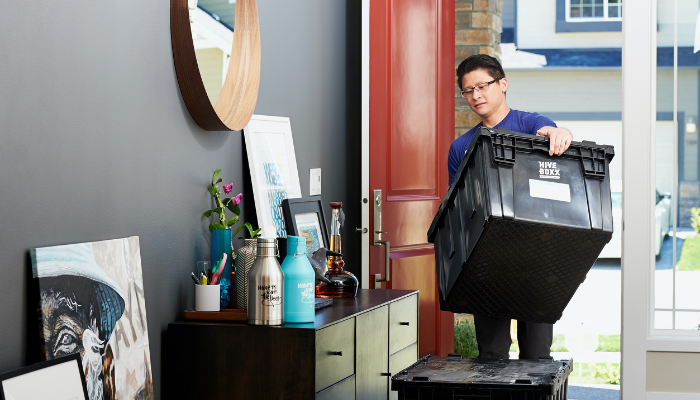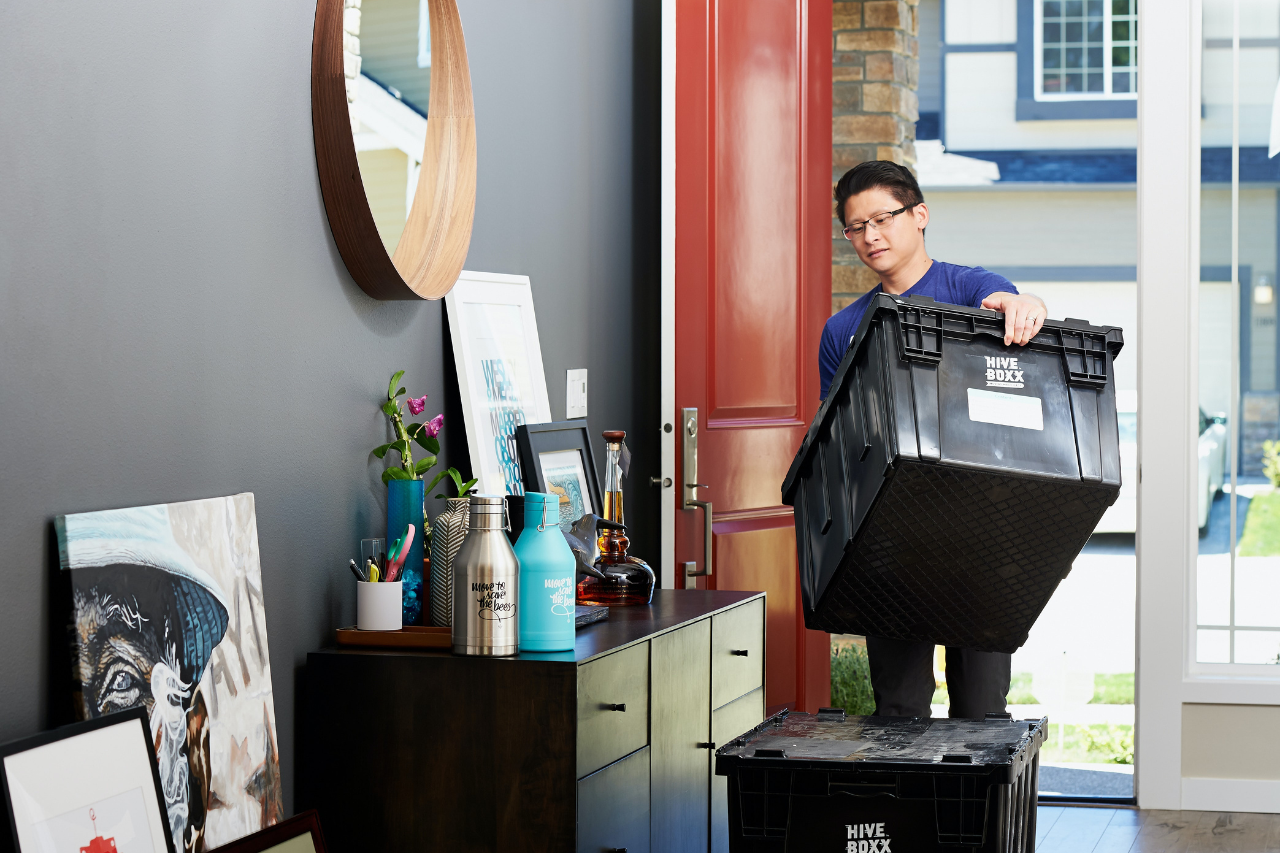It is customary to tip movers as a way of showing appreciation for their hard work and effort in helping you move your belongings. While tipping is not mandatory, it is a nice gesture and can help build a positive relationship with your movers.
The amount you tip will depend on several factors such as the size of your move, the difficulty of the move and the quality of service provided by the movers. A good rule of thumb is to tip around 10-20% of the total cost of the move. If you have a large or particularly difficult move, you may want to consider tipping on the higher end of that range.
Also, some moving companies include a gratuity in their pricing or have a policy that prohibits their employees from accepting tips. In such cases, you may want to consider showing your appreciation in other ways such as providing refreshments or leaving a positive review for the company.

Read more: How Can I Move My Office Cross Country?
What is the best way to tip the movers?
The best way to tip your movers is to give cash directly to the team leader or driver at the end of the move. This allows you to personally thank the movers for their hard work and ensures that they receive the full amount of the tip. If you prefer not to tip in cash, you can also consider other options, such as writing a personal thank-you note, providing refreshments or snacks, or leaving a positive review for the moving company.
It’s important to remember that tipping is a personal decision, and there is no obligation to tip if you don’t feel it;s necessary or appropriate. However, if you do choose to tip, it’s always best to do so in a way that is respectful and shows your appreciation for the hard work and effort of your movers.
Deciding whether or not to tip your movers
Deciding whether or not to tip your movers ultimately depends on the quality of service they provided. Here are some factors to consider when evaluating whether your movers deserved a tip:
1. Professionalism: Were the movers courteous, respectful and professional in their interactions with you and your belongings?
2. Efficiency: Did the movers work quickly and efficiently to load and unload your belongings while still taking care to avoid damage or loss?
3. Communication: Did the movers keep you informed throughout the moving process and did they listen to your concerns and requests?
4. Flexibility: Were the movers able to adapt to unexpected challenges or changes in your moving plans such as delays or last-minute requests?
5. Overall experience: Did you feel satisfied with the level of service provided by the movers and would you recommend them to others?
If you feel that the movers met or exceeded your expectations in these areas, then they likely deserve a tip. However, if you were dissatisfied with the level of service provided, then you may want to reconsider whether a tip is appropriate. Ultimately, tipping is a personal decision, and you should feel comfortable making the decision that is right for you based on your experience with the movers.


